We all live with this tiny fantasy of moving to the suburbs and living a quiet life. Moving to the suburbs is often associated with visions of expansive mansions, lush lawns, and peaceful life in the neighborhood. But hidden beneath this dream are unexpected costs that can strain even the best-laid budgets. If you’re prepared to give up the buzz of the city for the peace of the suburbs, here are some things to be aware of about hidden costs that can catch even experienced homebuyers off guard.
Commute Expense

Moving to the suburbs means increased mileage; your daily routine will increase significantly when you commute from the suburbs. Once a short trip on public transportation could now take an hour in the automobile, resulting in increased expenses for parking, fuel, and even tolls. Additionally, longer journeys cause your car to wear down more quickly, which might raise maintenance costs.
The Need for a Second Vehicle

You could have managed life in the city with one car or none. Families often find a second car in the suburbs necessary, especially when schedules clash. This second vehicle brings a host of extra costs like insurance, maintenance, fuel, and financing.
High Utility Bills

Typically, suburban homes are larger, and the additional room has a price tag for heating and cooling. So you should be mentally ready for increased energy costs, whether that means a larger air conditioner in the summer or additional heating in the winter. Factors like more lighting and water use can significantly impact your monthly costs.
All Homeowners Association (HOA) Dues
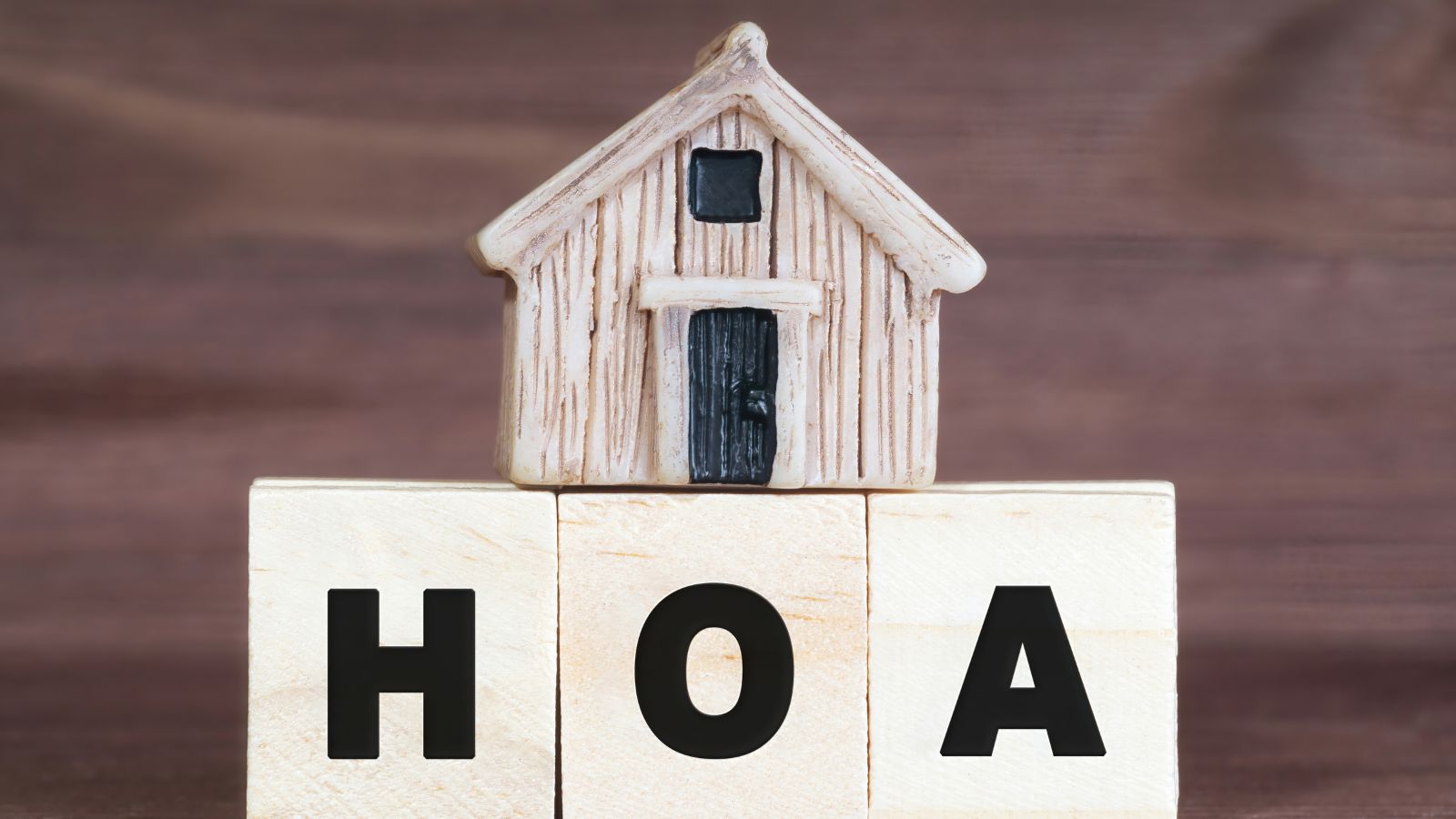
HOAs dues are not compulsory in every suburban neighborhood, but those that do usually impose monthly or yearly dues. Depending on the facilities (think parks, pools, or even Christmas decorations), these can be pretty low or surprisingly high. Additionally, these fees aren’t constantly set; if the community chooses to implement new initiatives or upgrades, they may go up.
The Unexpected Price of Grassing
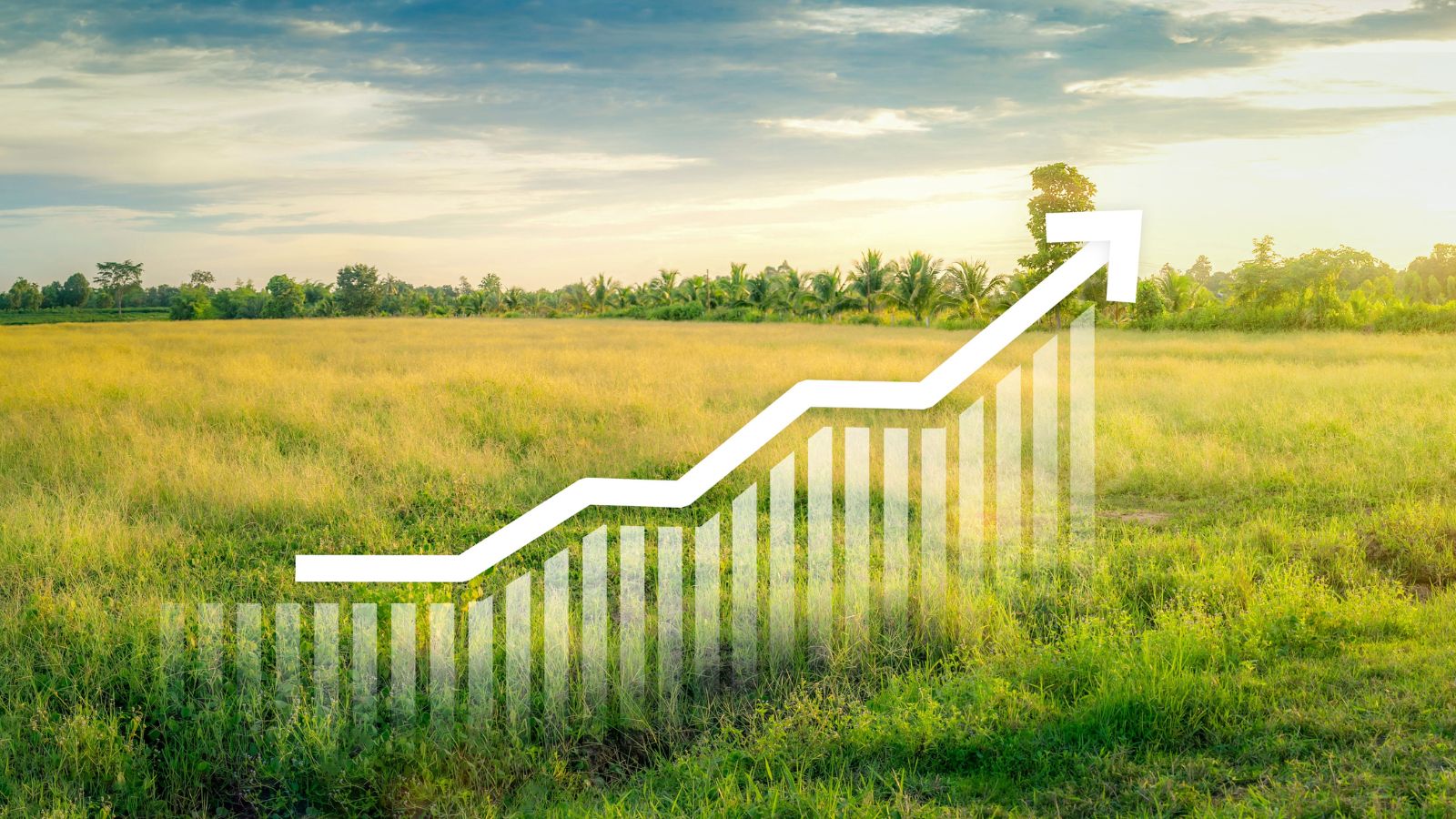
For suburban residents, keeping up a beautiful garden or lawn is frequently a source of pride. However, the price of lawnmowers, fertilizer, water, and tools soon increased. Many people hire a firm to take care of the maintenance, adding another ongoing cost.
Greater Than Anticipated Property Taxes
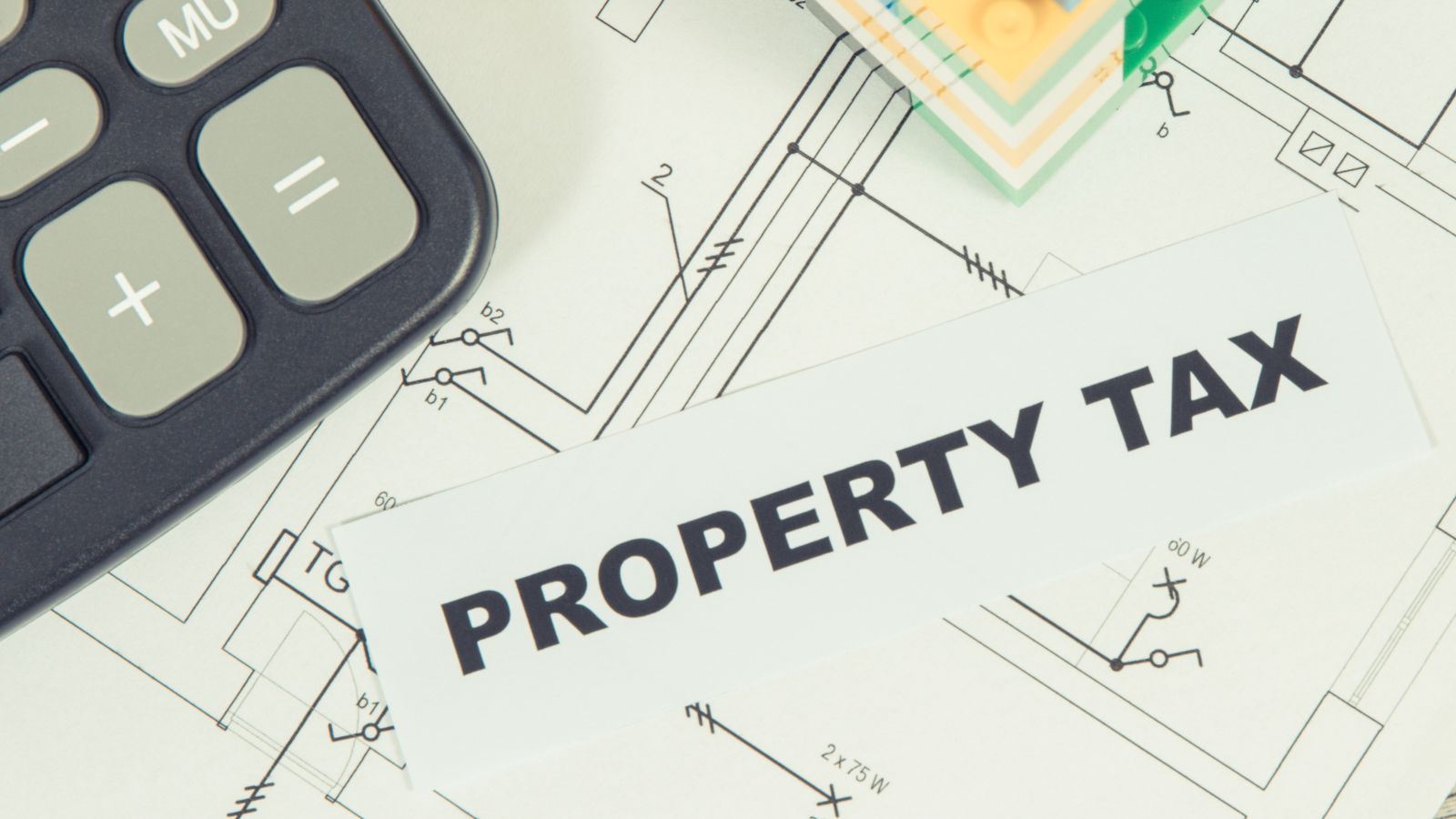
Property taxes in suburban regions are frequently higher than expected, especially in those with good schools and facilities. Furthermore, these taxes are subject to change in response to new development projects and local budgets, which may cause an unforeseen burden on your finances over time.
Switching from Public Transportation to Ride-Share Fees

In the suburbs, there are frequently few public transportation options, making driving a car more difficult. Ride-sharing services like Uber may seem like a simple way to get around driving, but they can be expensive, particularly for longer suburban trips.
The Cost of Furnishing a Larger House
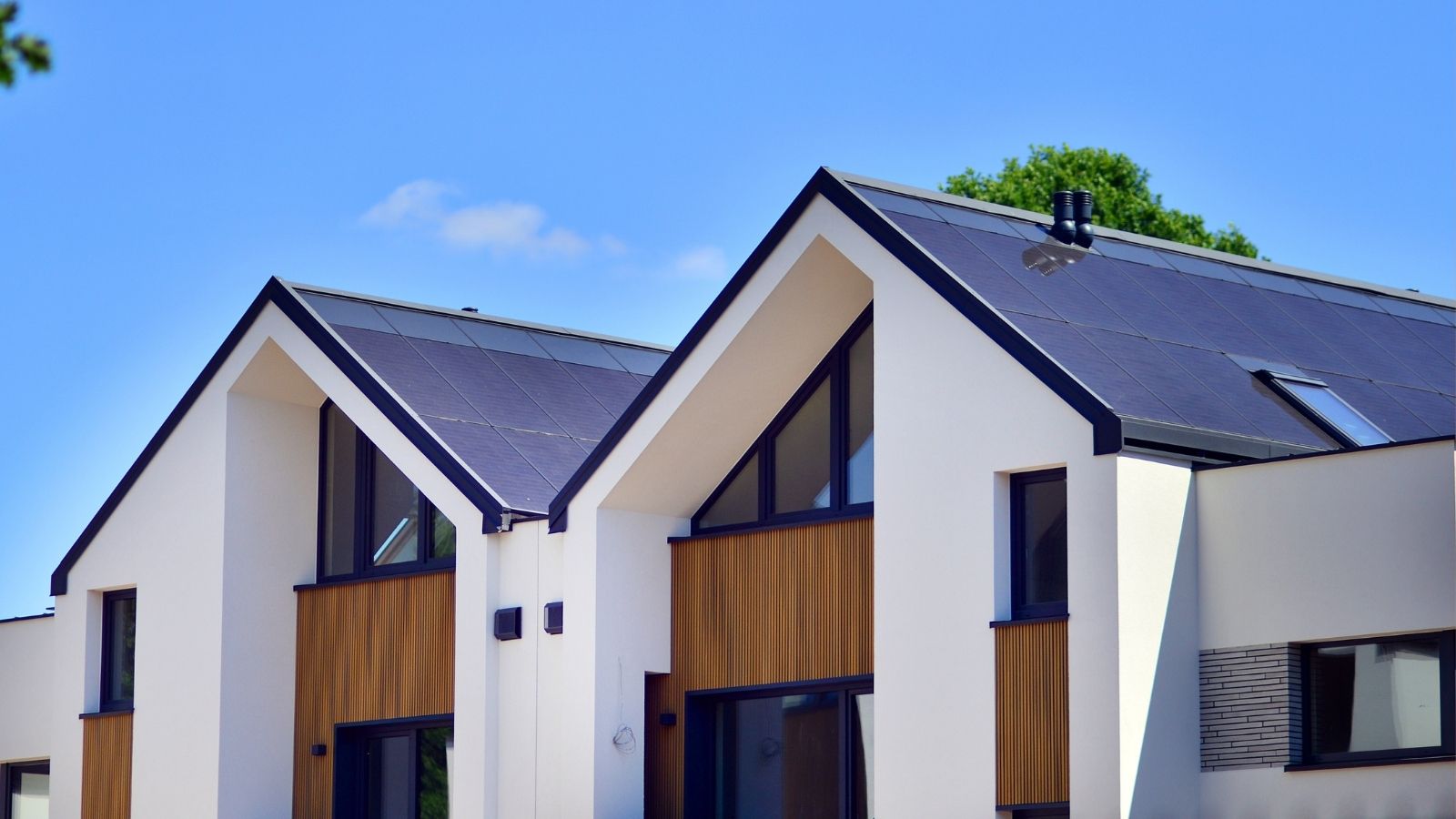
Moving from a city apartment to a large suburban house can dramatically increase furniture prices. Making your new home seem like home can take up much of your money, especially when furnishing additional rooms like a guest bedroom or a larger living area.
High Grocery Bills

It is usually possible that grocery stores and other necessities are no longer nearby. Regular shopping trips that require longer drives may result in higher petrol costs, and the temptation to load up on groceries on every trip may cause grocery bills to rise more than anticipated.
Greater Ownership of Home Repairs

In contrast to an apartment where the landlord gives repairs, suburban homeowners bear the entire burden of maintenance. The expenses of house upkeep and repairs, such as repairing a damaged roof or a leaking faucet, may mount up quickly, making a weekend fix into a significant outlay.
Upkeep of Septic and Well Systems
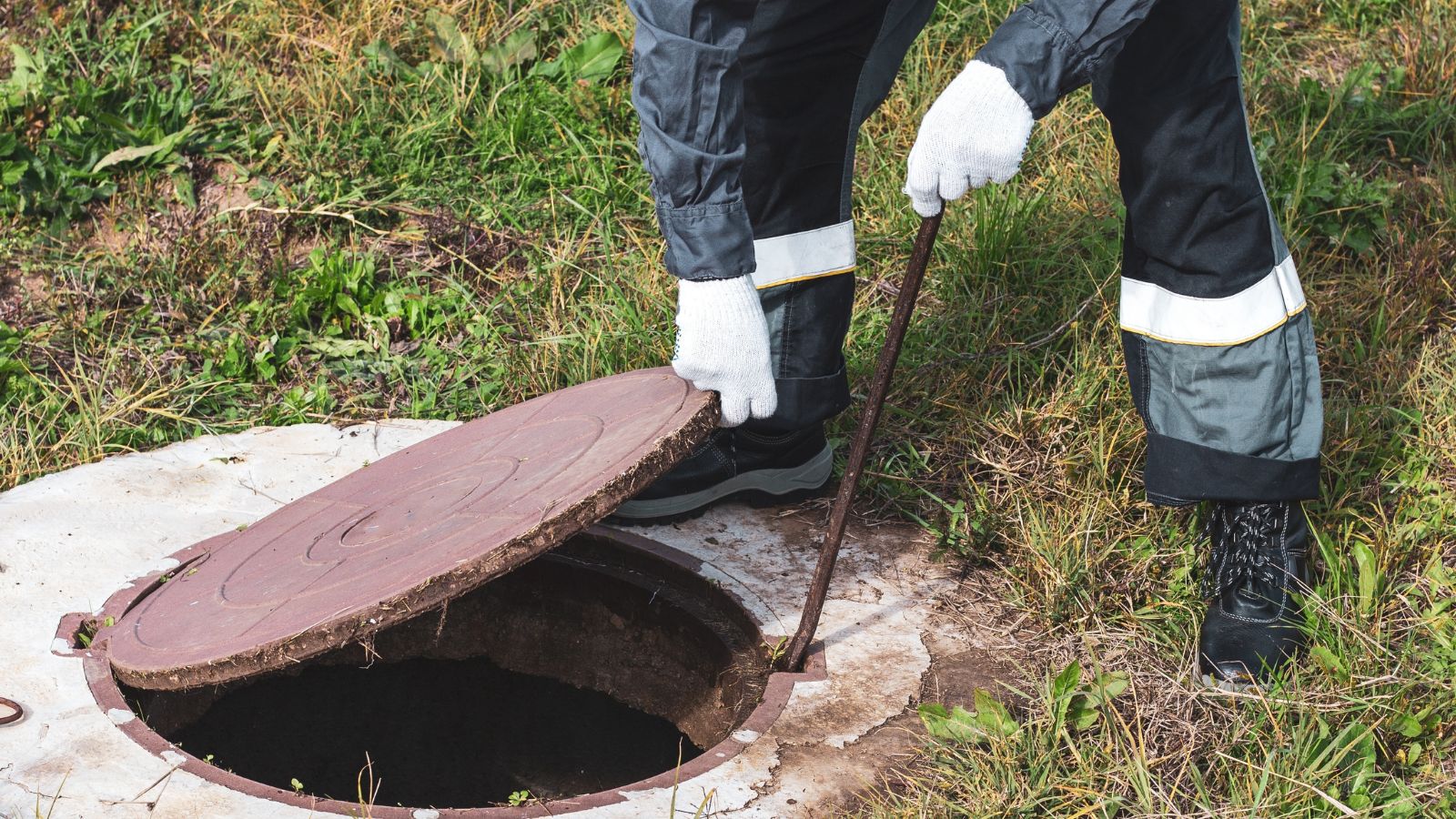
Some suburban homes use septic tanks and wells rather than public water and sewer. Due to the need for frequent inspections, possible repairs, and eventual replacements, maintaining these systems can be expensive. Although it’s necessary for a healthy home, new homeowners frequently don’t expect this duty.
Wildlife and Pest Management

While there are benefits to living near nature, there are also downsides to dealing with pests like raccoons and insects. If infestations occur regularly or local wildlife becomes interested in your property, pest control services or products become an extra expense.
Activities for Kids

In the suburbs, parents frequently discover that their children’s extracurricular activities cost more money and involve more driving. Sports or music classes can be more expensive than anticipated due to the accumulation of enrollment fees, equipment costs, and travel expenses.
Unexpected Rises in Insurance Rates

Moving to the suburbs might occasionally result in higher insurance rates because of longer commutes or a higher chance of harsh weather. For instance, house insurance may cost more if your new residence is vulnerable to local disasters like storms or wildfires.
House Security

Even though suburbs are generally secure, many homeowners purchase security systems for additional security and peace of mind. Costs associated with installation and maintenance can mount up quickly, and specific systems call for recurring payments for services or app subscriptions.
Limited Access to Healthcare

Hospitals in the city may be easily accessible, but medical facilities in the suburbs may be more distant, necessitating lengthier commutes for emergencies or routine examinations. This distance may increase transportation expenses or even more expensive rates at adjacent private establishments.
High leisure Cost

Compared to cities, suburban locations could provide less affordable entertainment options, resulting in longer commutes and more expensive outings. When you include the expense of meals and transportation, even inexpensive dinners out can become more expensive.
Higher Water Bills
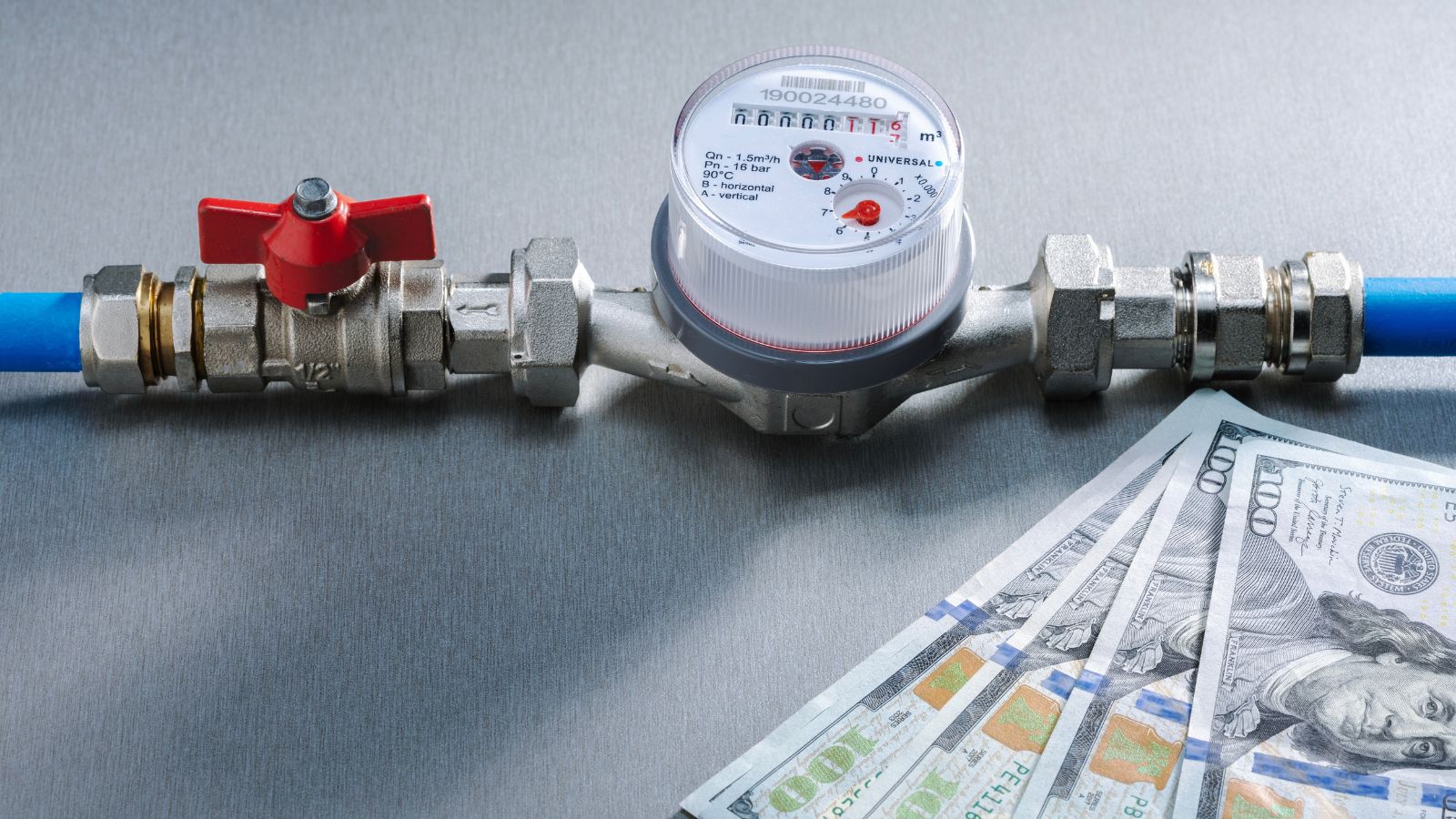
Larger yards could lead to higher water costs, particularly during dry or summer seasons. The additional expense of maintaining lush, green lawns, which may be very significant depending on local water rates, is something that many first-time homeowners do not account for.
Internet and Cable Charges
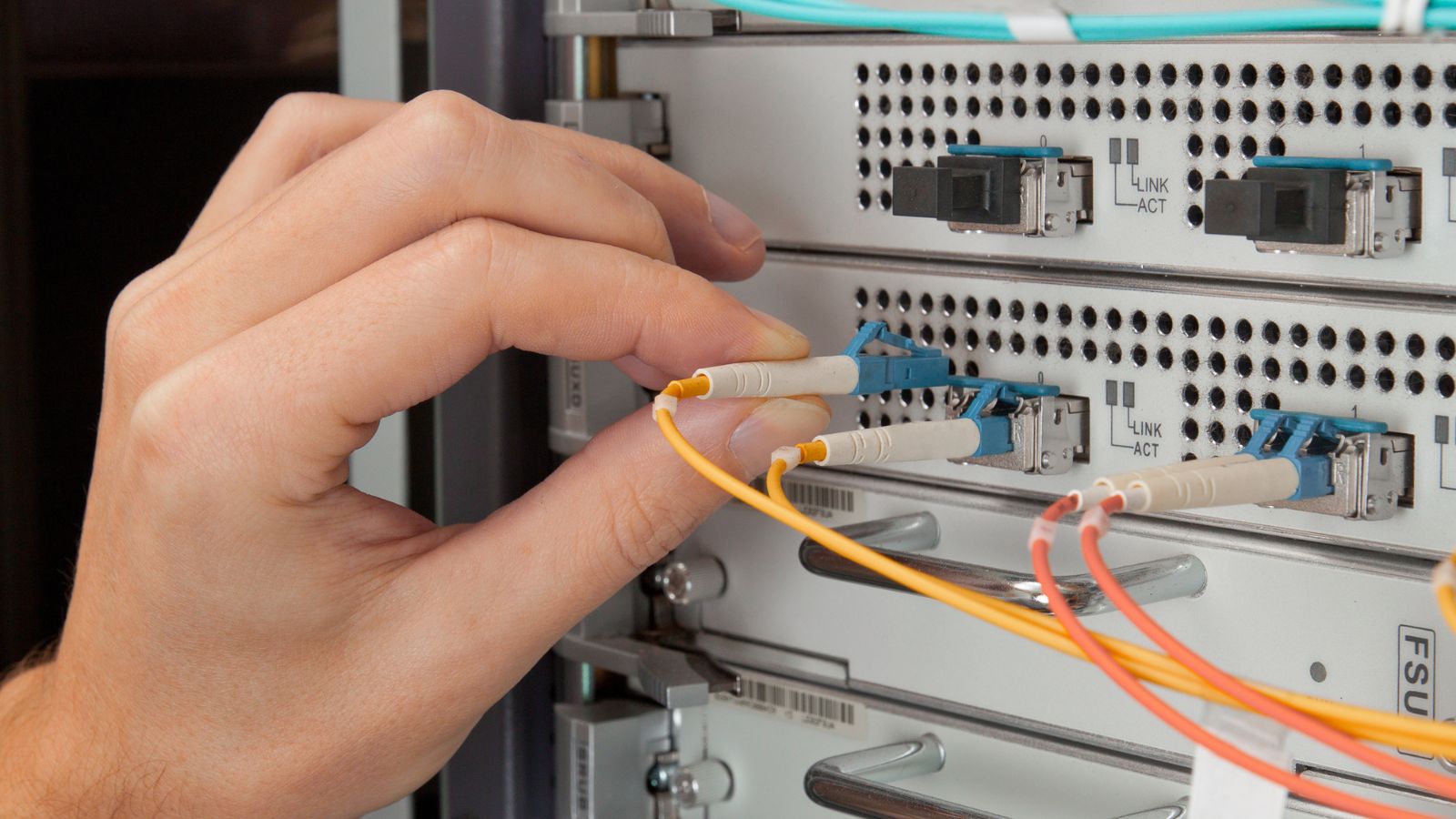
Not every suburb has the same level of or easy source of connectivity. Suburban locations may have fewer or more expensive high-speed internet or premium cable options, with some providers charging extra for connections in rural or semi-rural areas.
Time Loss

While time spent due to lengthier commutes or travel for necessities may not be directly monetary, it might feel like a hidden cost. Transit time adds up and might affect your entire quality of life, so it’s something to consider carefully.
Conclusion
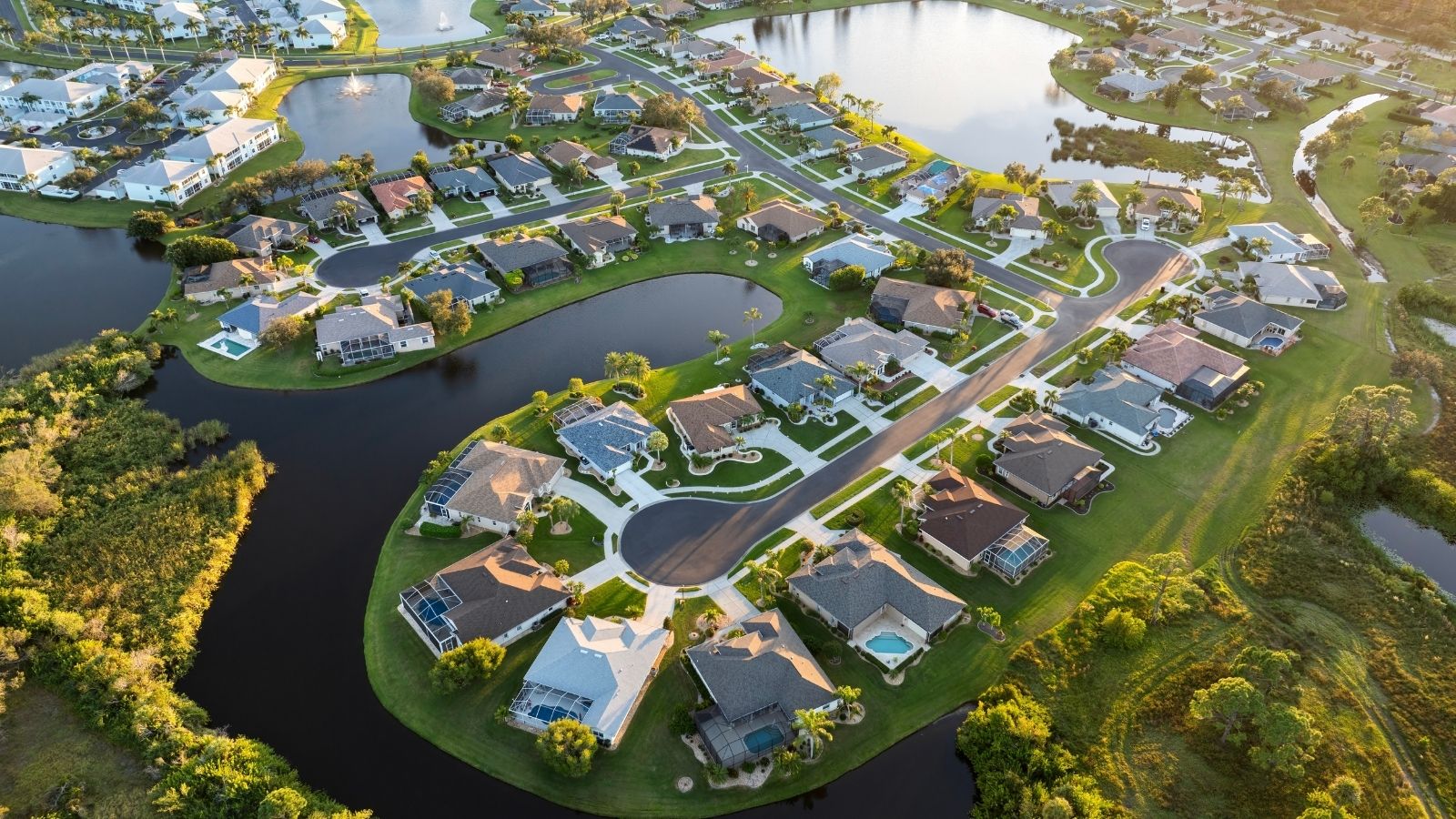
Suburban living has many benefits, but to avoid unpleasant shocks, budgeting for these unforeseen expenses is crucial. Planning ahead allows you to enjoy suburban life without stretching your finances too thin. Make sure the benefits are truly worth the extra expenses.
18 Reasons Why People Are Leaving Florida in Masses

Exploring factors that impact the desirability of living in Florida, this list delves into various challenges shaping residents’ experiences. From environmental concerns like rising sea levels to economic factors such as fluctuating job markets, these issues collectively contribute to a nuanced understanding of the state’s appeal.
18 Reasons Why People Are Leaving Florida in Masses
